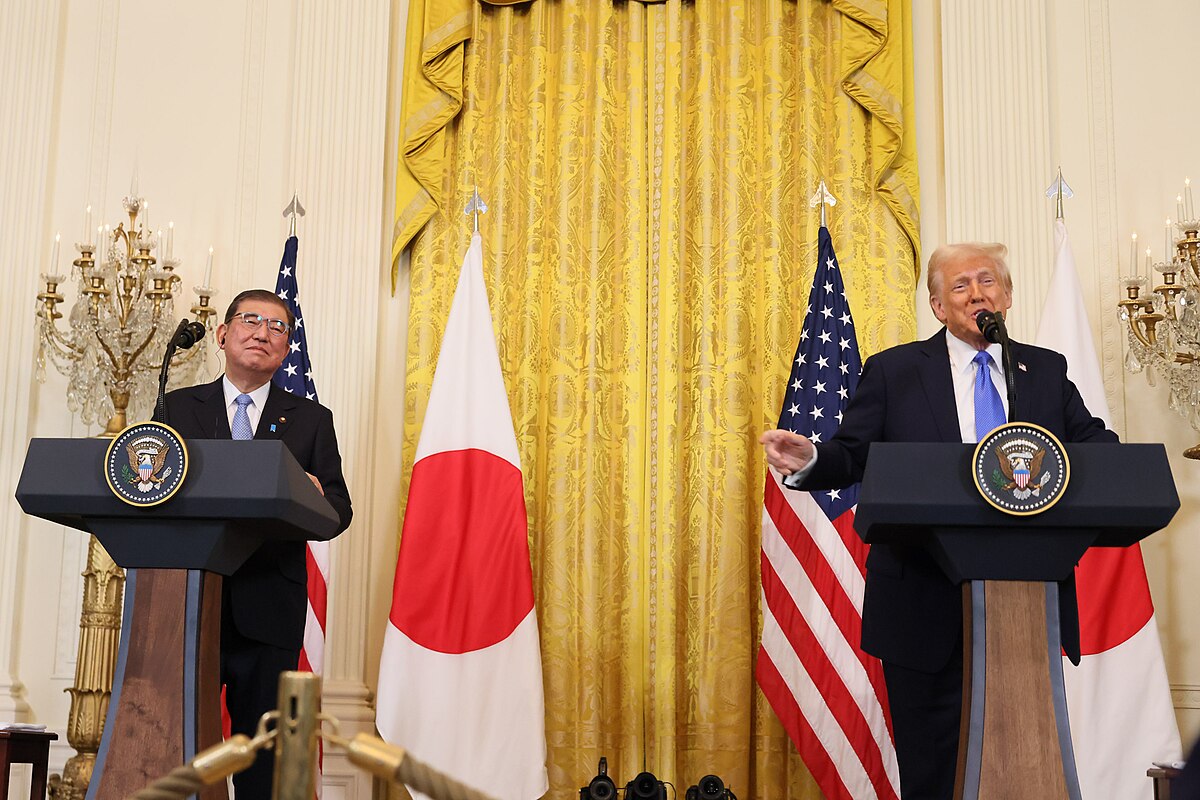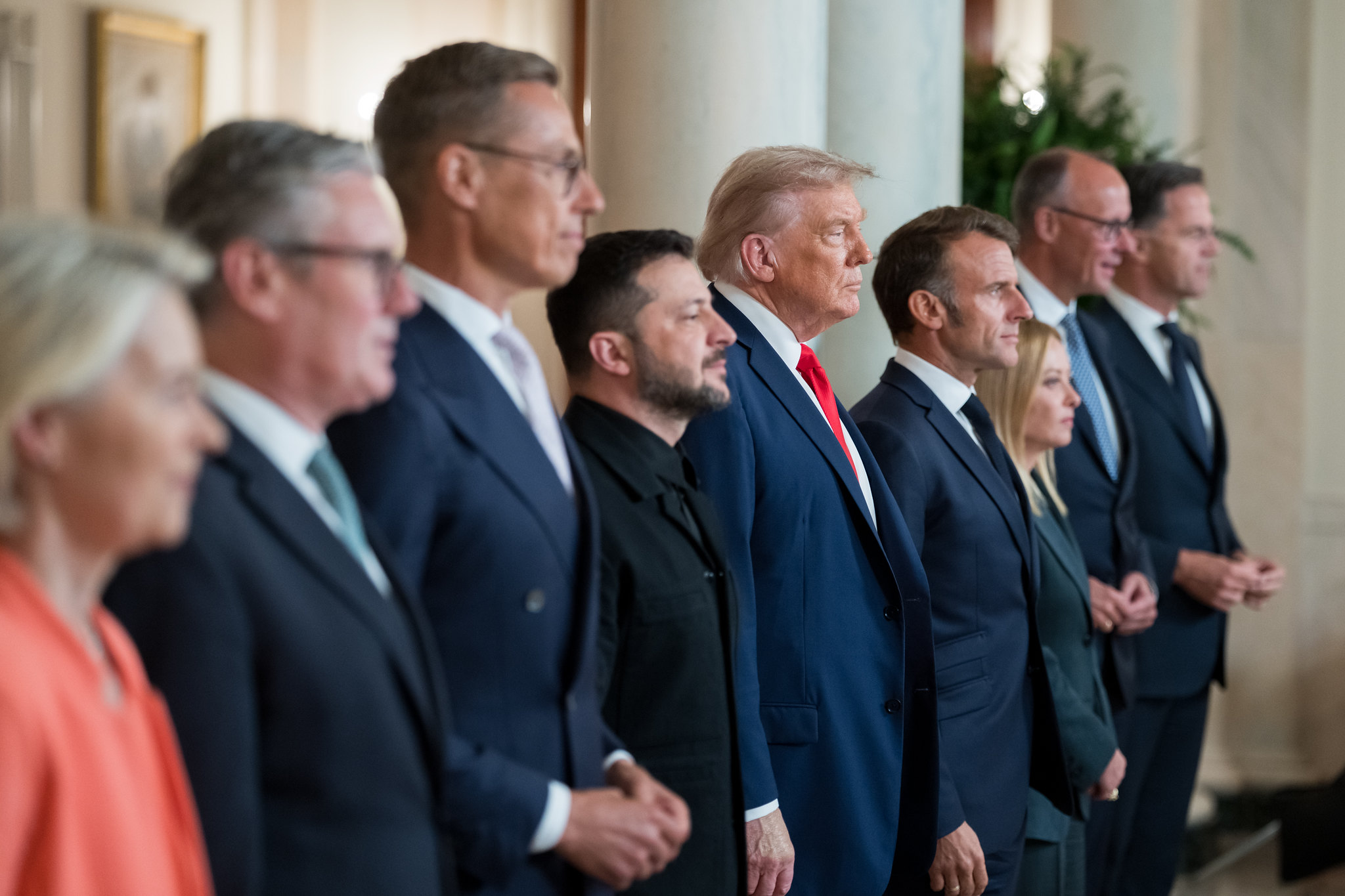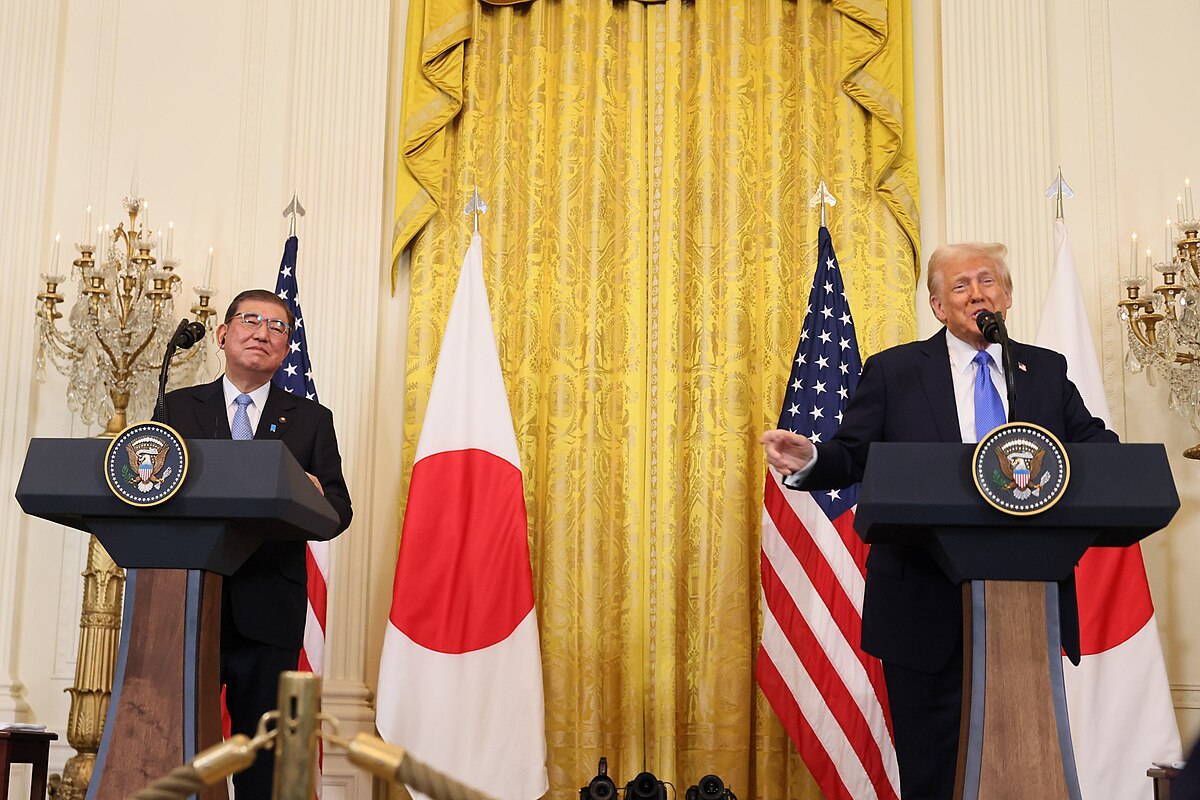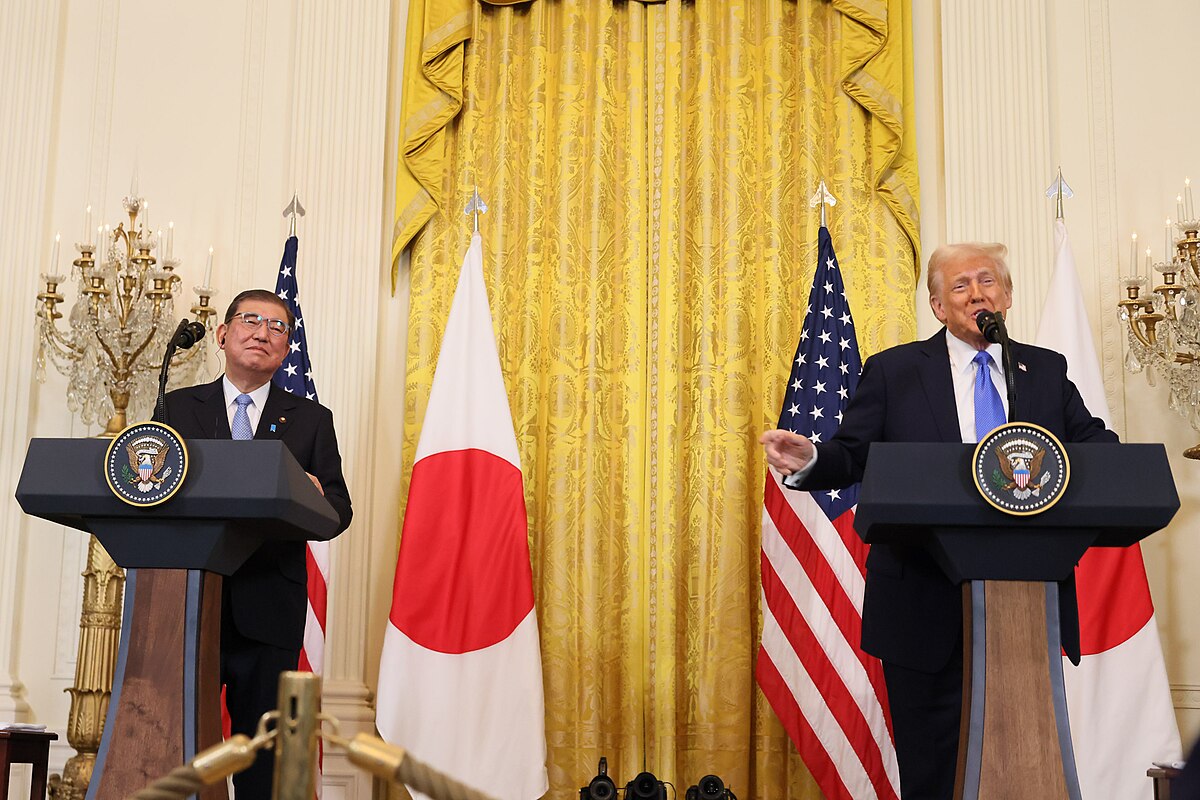President Trump’s efforts to bolster defense spending among U.S. allies in East Asia face significant challenges amid political turmoil in the region. Recent developments in Taiwan, Japan, and South Korea could complicate the administration’s strategy to counter China’s growing military influence.
Under Secretary of Defense for Policy Elbridge Colby emphasized the need for allies to increase their defense budgets. In an August 15 tweet, he stated, “It’s common sense that all allies, especially in Asia, need to pull their weight.” Colby highlighted the importance of collective defense, asserting that sustained peace relies on all nations contributing to security efforts.
In Taiwan, President Lai Ching-te’s administration has proposed a 23 percent increase in defense spending for the upcoming year, aiming to raise the budget to over 3.3 percent of GDP. This proposal aligns with calls from U.S. officials for Taiwan to enhance its military capabilities in light of potential threats from China. However, the plan faces hurdles as it requires approval from the Yuan legislature, currently controlled by the opposition Kuomintang party, which has historically favored closer ties with Beijing.
Similarly, Japan is grappling with its own political challenges. The ruling Liberal Democratic Party (LDP) recently suffered electoral setbacks, losing its governing majority in the lower house and facing defeat in the upper house elections. Prime Minister Shigeru Ishiba has advocated for increased defense spending to address regional threats, but the recent political instability raises questions about the feasibility of such increases.
In South Korea, a leadership change has introduced further uncertainty. Following the impeachment of conservative President Yoon Suk Yeol, liberal Lee Jae-myung was elected. Lee’s administration may adopt a more conciliatory approach toward China, potentially impacting Trump’s push for increased military spending in Seoul. Lee is scheduled to meet with Trump in Washington this week, where discussions on defense spending are expected to be a key topic.
The political dynamics in these three nations reflect broader trends in East Asia, where domestic politics often constrain defense policy decisions. Critics argue that without a unified commitment to defense spending, the region may struggle to effectively counter China’s military assertiveness.
Colby pointed out that many allies, particularly in Europe, have recognized the need for increased defense contributions. He stated, “Fortunately, many of our allies, led by Europe, get it: The route to sustained peace is everybody doing their part.”
As China continues to expand its military capabilities under President Xi Jinping, the urgency for U.S. allies to enhance their defense spending becomes more pronounced. The Chinese Communist Party has made significant investments in the People’s Liberation Army, leading to increased military maneuvers in the region that threaten U.S. interests.
Trump’s administration has been proactive in addressing the China threat, but the effectiveness of its strategy may depend on overcoming domestic political challenges in allied nations. The administration will need to engage in high-level negotiations and apply pressure to ensure that these countries prioritize defense spending.
As the geopolitical landscape evolves, the ability of East Asian nations to navigate their internal politics while responding to external threats will be crucial for regional stability. The coming months will be pivotal in determining whether these nations can align their defense strategies with U.S. objectives in the face of a rising China.
READ Example headline with a colon: quoted to be YAML-safe



